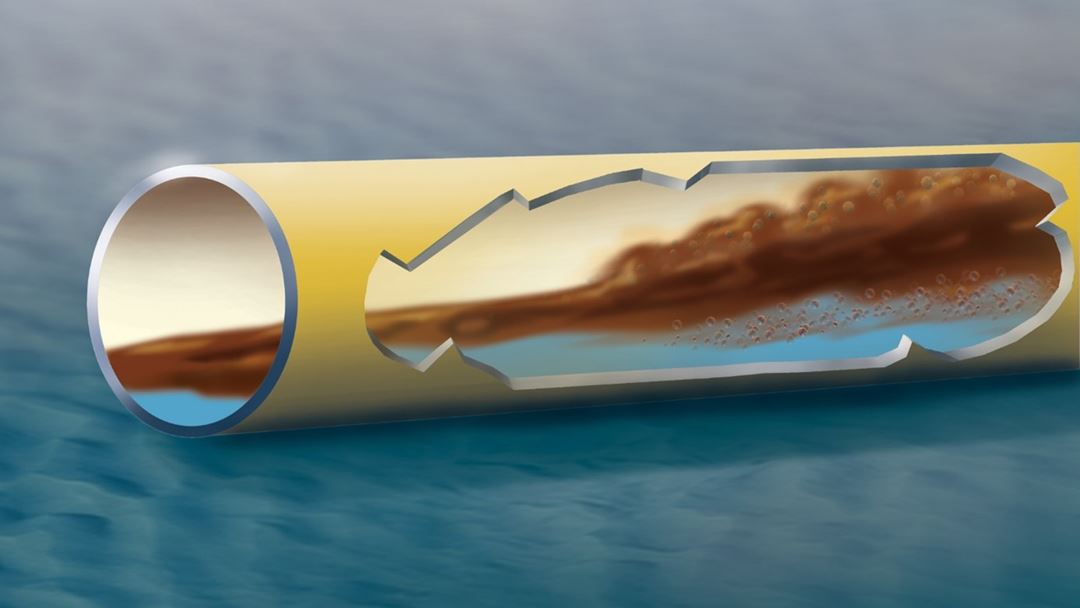Oil-water dispersions play an important role in the oil and gas production system as they have a direct effect on the pressure drop in transport lines. Reliable pressure drop predictions and multiphase flow model capabilities in general will lead to higher energy efficiency and cost reductions, and facilitate the development of longer transport lines and tiebacks.
This will enable extended lifetime of fields, which during later years of production are exposed to low recovery rates and high-water production. Risks of flexible field development concepts involving tie-in production from satellite fields will be reduced by reducing uncertainty of transport models and understanding of well-stream compatibility effects on flow characteristics.
State-of-the-art models and commercial simulators are not fully predictive as effects of complex fluid chemistry and its interaction with the hydrodynamics of the flow are not represented. Currently, no physical mechanisms or model input parameters exist to account for the effects of surface chemistry, stability of interfaces and evolution of droplet sizes.
Based on novel experimental methods closures for dispersion behaviour will be developed. The main project result will be improved understanding of oil-water flow in transport pipelines. Unique pipe flow experiments with advanced measurement techniques will be conducted, to close the gaps in the current understanding. These data, together with the derived dispersion characteristics, can be used for dispersion flow model development and verification.
Nexflow is a Knowledge Building Project granted through the joint call between FINEP-RCN.
Partners: SINTEF, NTNU, Total, ISdB Flowtech, PUC-Rio and ESSS.
The research topic builds on the work from a strategic institute project (SIP) at SINTEF. One PhD will be educated in the project. The PhD student will be encouraged to co-supervise at least 1 master student per year (both specialization project and master thesis).

